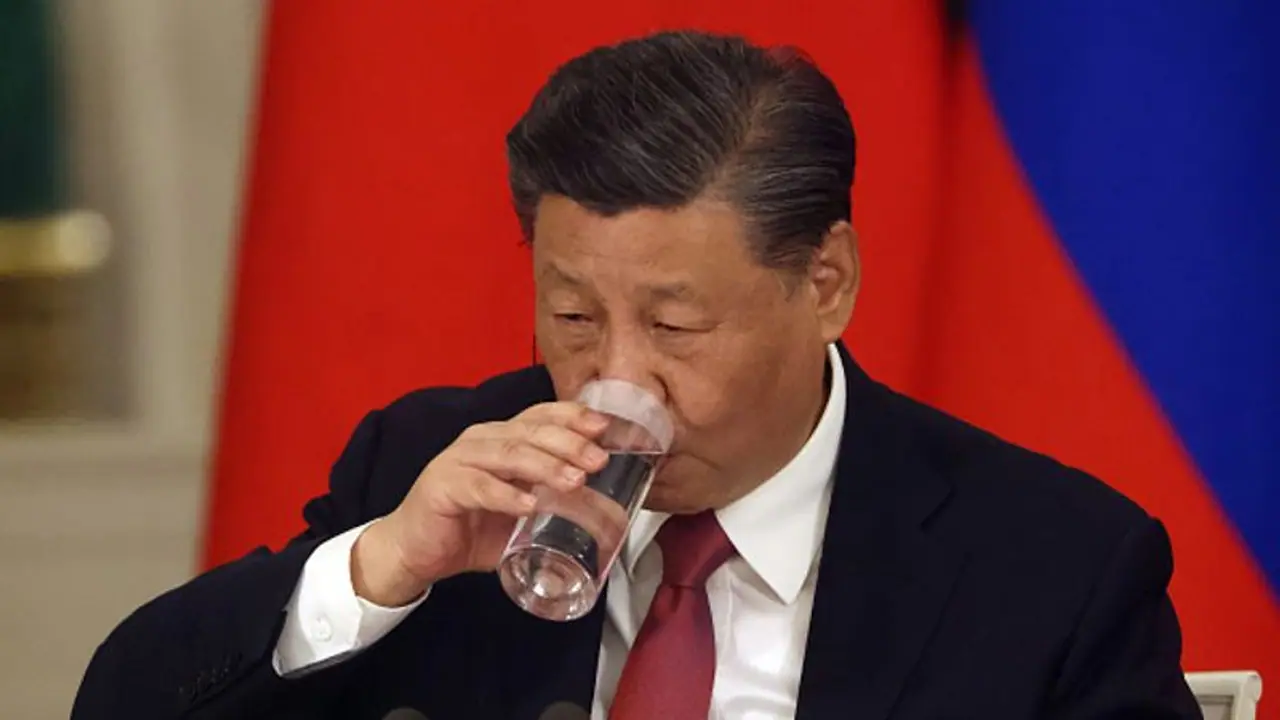As China's Belt and Road Initiative faces scrutiny for its underwhelming outcomes and negative repercussions, a new report underscores the need for alternative strategies to promote economic development and mitigate geopolitical risks in emerging markets.
A report by the Foundation for the Defense of Democracies (FDD) has indicated a significant disparity between China's Belt and Road Initiative (BRI) and Beijing's ambitious goals' actual outcomes. Celebrating its 10-year anniversary, the BRI, touted as a transformative infrastructure project, has faced criticism for causing social, economic, and environmental disruptions, according to the report titled 'Tightening the Belt or End of the Road? China’s BRI at 10'.

Launched by President Xi Jinping in 2013, the BRI aimed to emulate the historical Silk Road by enhancing connectivity and infrastructure across Asia, Europe, and beyond. However, the FDD report, titled "Tightening the Belt or End of the Road? China’s BRI at 10," argues that the initiative has resulted in social, economic, and environmental challenges, alongside allegations of widespread corruption.
The study, which examined case studies in countries like Ecuador, Zambia, and the Democratic Republic of the Congo, highlights rampant corruption and mismanagement in China's development funding. Despite the injection of substantial capital into infrastructure projects, many of these ventures have failed to deliver tangible benefits to local communities. Instead, the BRI has been criticized for prioritizing vanity projects over essential infrastructure needs, leading to inferior quality and unnecessary construction.
Josh Birenbaum, co-author of the report and deputy director of FDD’s Center on Economic and Financial Power, emphasized the lack of transparency surrounding BRI expenditures, making it challenging for independent analysts to evaluate project success. Moreover, the Chinese Communist Party's reluctance to establish effective monitoring mechanisms has exacerbated concerns about financial mismanagement and debt distress in participating countries.
The report underscores instances of high-profile, low-quality projects that have not only failed to meet their objectives but have also fueled a political backlash against China and its partner governments. Italian Prime Minister Giorgia Meloni's decision to withdraw from the BRI further underscores the initiative's diminishing credibility on the global stage.
In response to these challenges, the report suggests that the United States and its allies adopt a more proactive approach to counter China's influence. This includes providing direct support and advancing projects of strategic value in developing nations. The bipartisan BUILD Act, enacted in 2019, is cited as a potential tool for enhancing transparency, economic sustainability, and equitable partnerships in global infrastructure investment.
